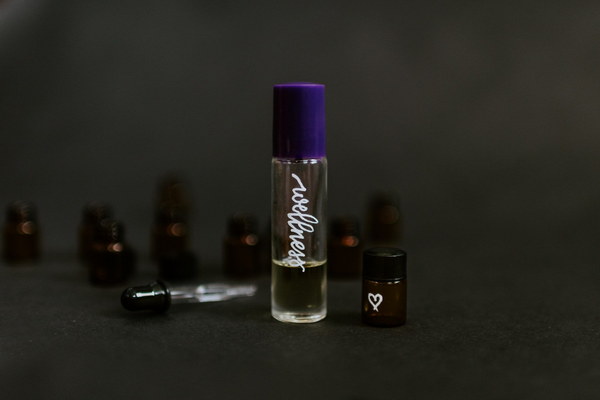Nurturing the Liver for Women with Hypertension A Holistic Approach
Hypertension, often referred to as high blood pressure, is a prevalent health concern affecting millions of women worldwide. It is crucial for these women to adopt a holistic approach to maintain their overall well-being, and one key aspect is nurturing the liver. The liver plays a vital role in filtering blood and eliminating toxins, which can be particularly important for women with hypertension. Here’s how they can take care of their liver to support their health journey.
1. Maintain a Balanced Diet
A well-balanced diet is essential for a healthy liver. Women with hypertension should focus on consuming a variety of fruits, vegetables, whole grains, lean proteins, and healthy fats. Here are some dietary tips:
- Increase the intake of fiber-rich foods, such as legumes, fruits, and vegetables, to aid in digestion and help manage blood pressure.
- Choose low-sodium foods and limit the consumption of processed and packaged foods, as high sodium can exacerbate hypertension.
- Incorporate antioxidants, such as vitamin C, vitamin E, and beta-carotene, into the diet to support liver function and reduce oxidative stress.

2. Limit Alcohol Consumption
Alcohol can put a significant strain on the liver, leading to conditions such as fatty liver disease and cirrhosis. Women with hypertension should limit their alcohol consumption or avoid it altogether. If they do consume alcohol, it is important to do so in moderation, as recommended by healthcare professionals.
3. Stay Hydrated
Proper hydration is crucial for maintaining liver health. Water helps flush out toxins and supports the liver's filtration process. Women with hypertension should aim to drink at least eight glasses of water daily to support their liver and overall health.
4. Exercise Regularly
Regular physical activity can help manage hypertension and improve liver function. Engaging in moderate-intensity exercises, such as walking, swimming, or cycling, for at least 150 minutes per week can promote a healthy liver. Exercise increases blood flow, aiding in the delivery of oxygen and nutrients to the liver.
5. Manage Stress
Chronic stress can affect liver function and exacerbate hypertension. Women should find ways to manage stress, such as practicing mindfulness, meditation, or deep-breathing exercises. Additionally, engaging in hobbies and activities that bring joy can help reduce stress levels.
6. Get Adequate Sleep
Adequate sleep is essential for liver health and overall well-being. Women with hypertension should aim to get 7-9 hours of quality sleep per night. Establishing a regular sleep schedule and creating a comfortable sleep environment can help improve sleep quality.
7. Regular Check-Ups
Regular medical check-ups are crucial for monitoring hypertension and liver health. Women should discuss their concerns with their healthcare provider and follow their advice regarding medication, lifestyle changes, and liver function tests.
8. Consider Supplements
In some cases, supplements may be beneficial for supporting liver health. However, it is essential to consult with a healthcare professional before starting any new supplement regimen. Some commonly recommended supplements include:
- Milk thistle: A natural herb known for its liver-protective properties.
- Artichoke extract: May help improve liver function and reduce blood pressure.
- Omega-3 fatty acids: Can help manage hypertension and support liver health.
In conclusion, women with hypertension can nurture their liver by maintaining a balanced diet, limiting alcohol consumption, staying hydrated, exercising regularly, managing stress, getting adequate sleep, attending regular check-ups, and considering appropriate supplements. By adopting a holistic approach, these women can support their liver health and overall well-being, leading to a better quality of life.









